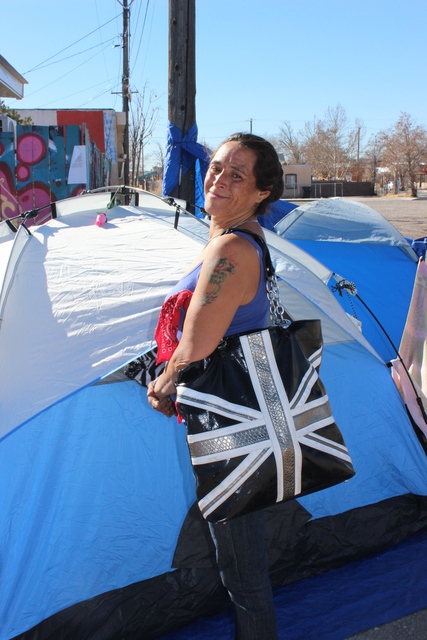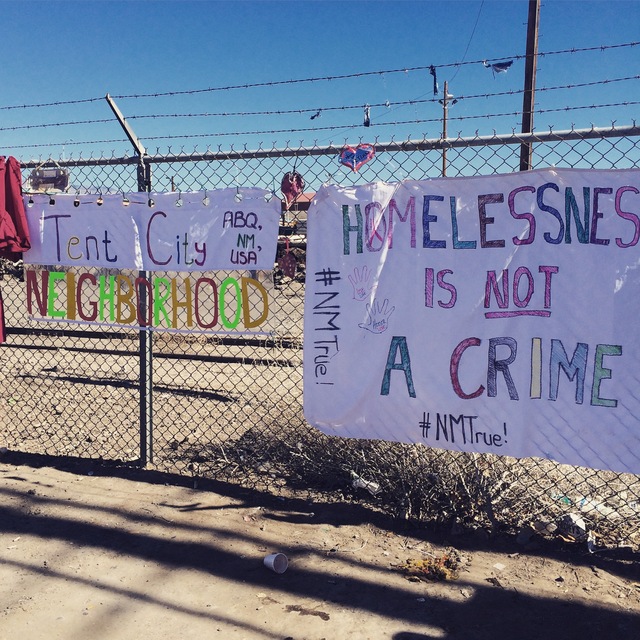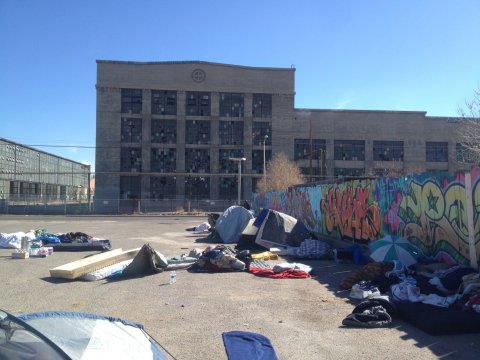Opinion: The Women Of Tent City


Amelia Olson

The second Tent City location in Barelas.
Ty Bannerman
Latest Article|September 3, 2020|Free
::Making Grown Men Cry Since 1992


Amelia Olson

The second Tent City location in Barelas.
Ty Bannerman

